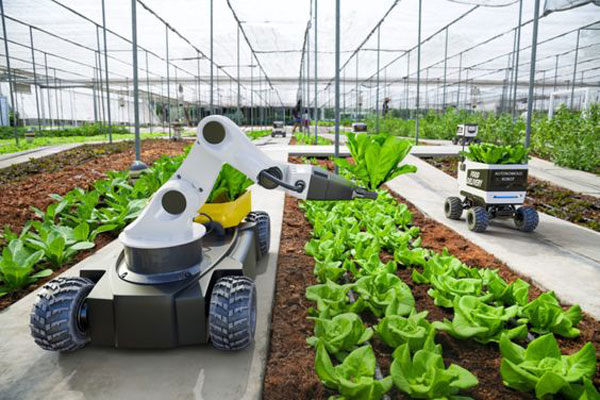Crops
Cabbage

Cabbage
Cabbage Cultivation in India: A Complete Guide
Introduction
Cabbage (Brassica oleracea var. capitata) is a widely grown and consumed vegetable in India. It is known for its nutritional value, economic importance, and adaptability to different climatic conditions. As a rich source of vitamins, fiber, and antioxidants, cabbage plays a significant role in maintaining good health while also being a profitable crop for farmers.
Climate and Soil Requirements
Cabbage thrives in a cool, moist climate, making it ideal for winter cultivation in most parts of India. The optimum temperature for growth ranges between 15°C to 25°C. It requires well-drained, fertile loamy or sandy loam soil with a pH of 5.5 to 6.5. Adequate organic matter and good water retention capacity are essential for healthy crop development.
Major Growing Seasons in India
Cabbage is mainly grown in three seasons:
- Rabi (Winter Crop): Sown from August to October, harvested from December to March (most common season).
- Kharif (Monsoon Crop): Sown from May to July, harvested from September to November in cooler regions.
- Summer Crop: Grown in hilly areas from March to May, harvested in July to September.
Major Cabbage-Growing States in India
The leading cabbage-producing states include:
- West Bengal
- Bihar
- Odisha
- Uttar Pradesh
- Karnataka
- Maharashtra
- Himachal Pradesh (for summer crop)
Health Benefits of Cabbage
Cabbage is packed with nutrients such as Vitamin C, Vitamin K, fiber, and antioxidants. It supports digestion, boosts immunity, reduces inflammation, and may lower the risk of chronic diseases like cancer and heart disease.
Economic Importance
Cabbage is a high-yielding crop that provides substantial income for farmers. It has a strong domestic demand and export potential, particularly in Gulf countries, Southeast Asia, and Europe. With proper storage and transport, cabbage can offer lucrative returns in both fresh and processed markets.
Cabbage farming in India presents an excellent opportunity for farmers due to its health benefits, high market demand, and adaptability across various regions.
Blog
Explore Our Blog
About Us
Welcome to Agriplaza
Welcome to Agriplaza. India's first and only comprehensive digital platform dedicated to agriculture and farmers. Explore widest range of related data our figures speaks a lot.
1265165
Visitors
239
Diseases
131
Pests




